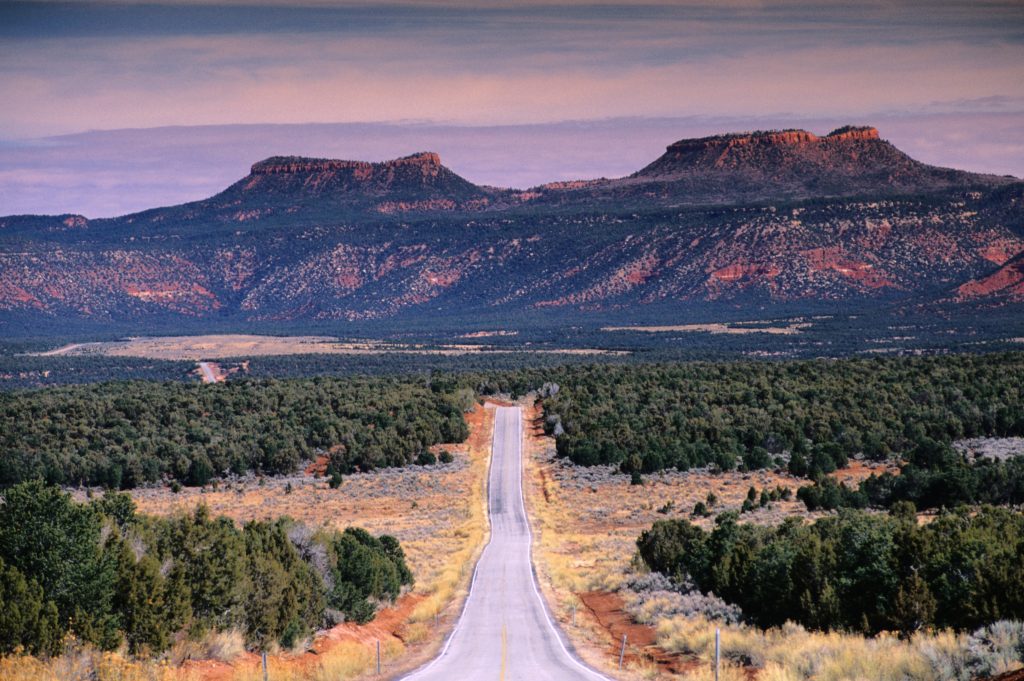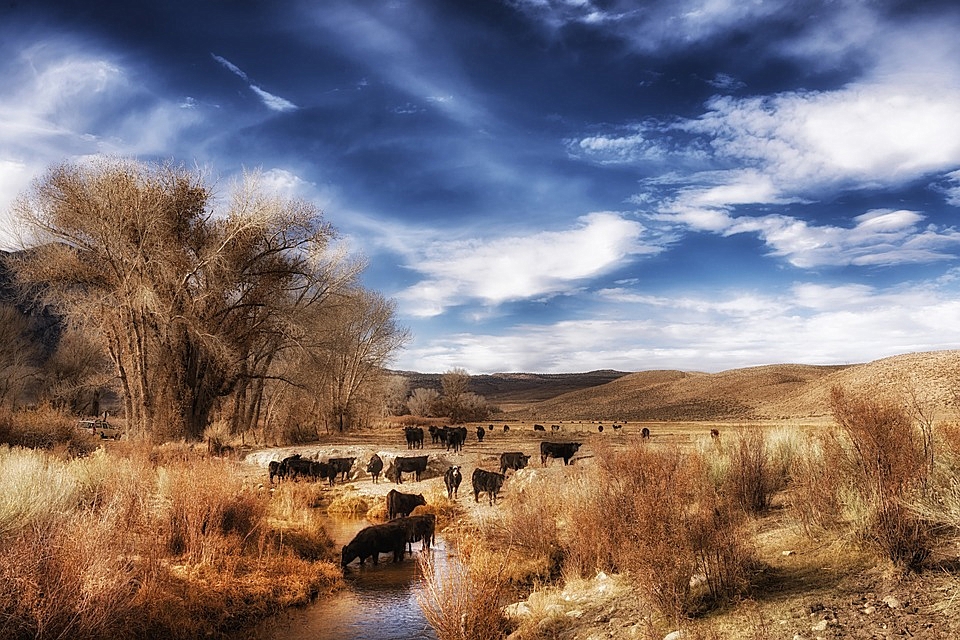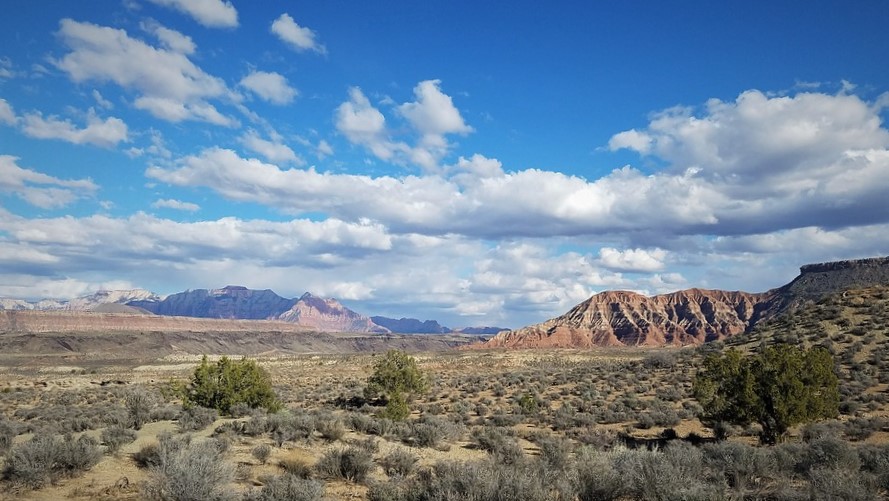Americans in the Western States Are Denied Equal Rights
Washington curtails the ability of local governments to generate tax revenue for basic services.

National Review
George R. Wentz & John W. Howard for National Review
Over the years, America has seen steady progress on the principle that individuals enjoy equal rights under the law. But that principle is violated daily for the tens of millions of people who live in the twelve western states where most of the land is claimed by the federal government. What does federal control of most of the land within a state have to do with equal rights? The answer may surprise you.
First, consider what the Supreme Court refers to as the “police power.” This is the power to legislate regarding the health, safety, and welfare of residents of a state. As Chief Justice John Roberts put it in NFIB v. Sebelius, the first Obamacare case,
“state sovereignty is not just an end in itself: Rather, federalism secures to citizens the liberties that derive from the diffusion of sovereign power.” New York v. United States, 505 U.S. 144, 181 (1992) . . . Because the police power is controlled by 50 different States instead of one national sovereign, the facets of governing that touch on citizens’ daily lives are normally administered by smaller governments closer to the governed. The Framers thus ensured that powers which “in the ordinary course of affairs, concern the lives, liberties, and properties of the people” were held by governments more local and more accountable than a distant federal bureaucracy. The Federalist No. 45, at 293 (J. Madison). The independent power of the States also serves as a check on the power of the Federal government: “By denying any one government complete jurisdiction over all the concerns of public life, federalism protects the liberty of the individual from arbitrary power.” Bond v. United States, 131 S. Ct. 2355, 2364
But in Utah, for example, where over 66 percent of the land is claimed by the federal government, unelected federal bureaucrats exercise police power over far more of Utah than the governor, state legislators, and county commissioners do. Citizens of Utah are routinely entangled in vast federal bureaucracies when it comes to issues that “in the ordinary course of affairs” concern their “lives, liberties, and properties.” They must deal with the Bureau of Land Management, the National Forest Service, the EPA, and a host of other federal bureaus, agencies, etc.. Routine local land-management issues quite literally become federal cases. One government — the federal government — has complete jurisdiction over all the concerns of public life in over 66 percent of the state, exposing Utah citizens to solidified “arbitrary power” in a way that no citizen of New York State, for example, ever encounters. There the federal government claims less than one quarter of 1 percent of the land, and New Yorkers can deal with elected local officials to solve the vast majority of their problems.
Nye County, Nev., cannot tax the 92 percent of its land that is claimed by the federal government.
Just ask the citizens of San Juan County, Utah, who have had their homes raided by heavily armed Bureau of Land Management agents and have seen one of their county commissioners prosecuted and sentenced to ten days in prison and fined $96,000.00 for riding an all-terrain vehicle on a county water-line-maintenance road that had been unilaterally closed down by the feds. A county sheriff in New York who raided homes or arrested a county commissioner would quickly be voted out of office. The citizens of San Juan County have no such recourse. Instead of exercising their political franchise to protect their “lives, liberties and properties,” they must fight the full weight and unlimited resources of the federal government.


